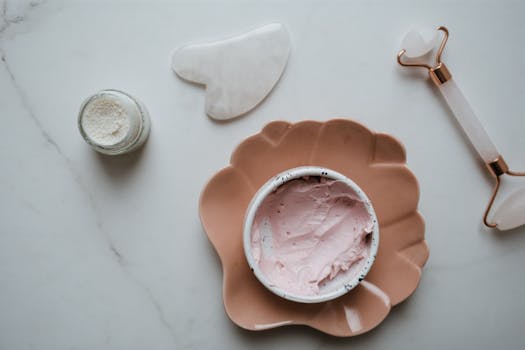Introduction to Timeless Beauty

Timeless beauty transcends trends and fads; it radiates from within and captures the essence of natural beauty combined with the artistry of self-care. In a world that constantly shifts, focusing on timeless beauty allows us to celebrate what remains perpetually alluring in our appearance and spirit. It encompasses a holistic approach that balances skincare routines, makeup techniques, fashion choices, and lifestyle decisions that have stood the test of time.
The Elements of Classic Beauty

When we think of timeless beauty, several elements contribute to this captivating ideal:
- Skin with a Natural Glow: A healthy complexion is often at the heart of perceived beauty. Regular skincare—hydration, sun protection, and gentle exfoliation—can help maintain youthful freshness.
- Minimalist Makeup: Classic roles of makeup have focused on enhancing one’s features rather than masking them. A swipe of red lipstick or a hint of mascara can elevate your look without overshadowing the natural beauty.
- Elegant Fashion Choices: Fashion that prioritizes quality and comfort, incorporating classic pieces that can transition from day to night, evokes enduring beauty. Consider timeless garments that never go out of style.
- Confidence and Self-Acceptance: Perhaps the most essential ingredient in the recipe for timeless beauty is the confidence acquired through self-acceptance and self-reflection—cherishing one’s individuality.
A Look into Iconic Beauty Trends

Tracing the path of beauty throughout history, we uncover various iconic trends that continue influencing contemporary styles:
- The Marilyn Monroe Aesthetic: Known for her platinum blonde locks, sultry voice, and cute yet glamorous wardrobe, Monroe continues to capture the imagination of those desiring this vintage glamour aesthetic.
- Audrey Hepburn’s Graciousness: Hepburn epitomized elegance with her simple wardrobe and striking features. The little black dress and a classic updo remain central components in modern sophistication.
- The Natural Look of the 70s: Those embracing the bohemian vibe today owe a nostalgic nod to the ’70s, an era rich in diversity, and features casual styles that favor self-expression over perfection.
Self-Care and Its Importance

The landscape of self-care dramatically adds to timeless beauty. Nurturing our body and mind assists not just visceral outer beauty but wellness as well.
Practices such as meditation, yoga, and journaling foster inner beauty while engaging with quality nutrition and staying hydrated enhance physical beauty—raising one’s glow from within.
Here are a few self-care practices to incorporate into everyday life:
- Meditation: Find a moment to breathe through the chaos with a daily meditation practice, which can increase emotional health and self-awareness.
- Regular Exercise: Engaging in physical activity propels energy and endorphins and it regularly activates oxygen flow which helps skin maintain its firmness.
- Gratitude Journaling: Spend moments acknowledging the positive aspects of life, enhancing your outlook might just shine through your nails.
Fostering Timeless Personal Style

Adopting a personal culture around style ensures you curate a beauty spot internalized over elegance and simplicity rather than following fleeting trends.
Assess your fashion tastes and incorporate clothing items you love, swaying away from excessive toxic clutter. Develop a go-to palette, matching key color items into versatile pieces across seasons.
Another vital ingredient is learning about swaps for cleanup duty; identify your fabrics responsibly. Often revisit feng shuiing hidden gems tucked away somewhere combining function, beauty, and virtuosity.
Conclusion

In summation, the elegant evolution towards perfecting timeless beauty relies active in other textual aspects on confidence—be gentle with internal goodness embodying lifelong beauty treasures reflecting both outer grace and mutual care with our surroundings. Timeless pure beauty lies there with sure facets retaining the element of distinctly captivating aura—we just search through ageless endeavors that forevertonwish
v商品詰放’]. Ache beautifully.
Takeaways

1. Embrace your uniqueness to achieve timeless beauty that resonates with confidence.
2. Focus on classic elements – skin care, minimal makeup, quality fashion pieces.
3. Cult confidante approach to unique talent awe due pivoting interest therein of time!






